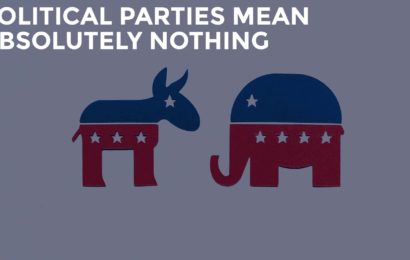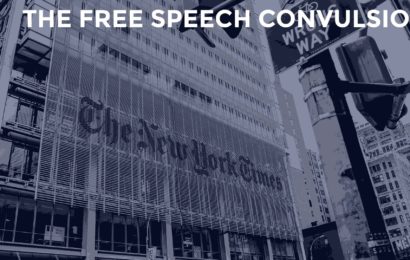
The 5 Different 9/11s Part 1: New York City
This past weekend marked the twentieth anniversary of the september 11th terrorist attacks. I vaguely remember being 11 in sixth grade and watching as the smoke rose into lower Manhattan’s morning sky from the flickering lines of a CRT TV, sitting on a roller cart like a meme. I sat cross-legged on a wood planked gym floor in suburban Alabama. On Saturday September 11th, 2021 I sat in Forest Park Queens, watching the US Open Women’s Championship and emblazoned across the court, 09/11/01.
Never Forget.
That’s what the remembrance phrase for 9/11 is. The Holocaust has “Never Again.” Various wars or inciting events have had different slogans used to boost morale or sell them to the citizenry.
Remember The Maine.
Remember The Alamo.
Over There.
Etc. etc. etc.
The irony of the US Open Championship is that both participants from the women’s tournament weren’t even born when 9/11 happened, but they still paid tribute in their post match speeches. 9/11 is something we are all expected to have a narrative built around, but what are those narratives? We’re all told to “Never Forget”, even those of us who were never there, but what are we supposed to remember?
A New Yorker’s 9/11
I am not a native New Yorker. As previously stated here and other places, I was born and raised just outside of Birmingham, AL. I was however present for the scene of another date-demarcated tragedy, of a much smaller scope no doubt, 04/27/11. In the meteorological world it was known as the 2011 Super Outbreak. On that day in 2011, 316 people died in tornadoes across the southern and eastern United States including 40 in the Tuscaloosa/Birmingham area from the funnel that I witnessed.
I remember fellow Colloquial colleague Christian Coleman spotting the top of the funnel cloud from our college apartment porch. I remember running downstairs to our neighbors’ ground floor apartment and getting into a dark bathroom with strangers. I remember not feeling afraid but numb. Impending doom is a weird trip. I remember surveying the destruction of life and homes afterward and the desire to do anything to put things back together as they were before. It felt overwhelming
The next day President Obama arrived. A state of emergency was issued. The national guard was there. It felt like the whole nation had our backs. Longtime readers will know most (all of us at this point) are Alabama alums and fans, and it’s hard to feel bad for the New England Patriots of college football, but rivals stepped up in a big way to support us in our time of need. Students at Auburn University raised relief funds, as did students at LSU. Even Tennessee, too.
I can only use my limited experience and prodigious imagination to surmise what the wake of 9/11 felt like for New Yorkers, but I can imagine it wasn’t dissimilar to what I experienced in Tuscaloosa, AL ten years ago. A malaise of fear mixed with heartache. A gratitude for your fellow man. A longing for a return to a state that you can never get back to.
But I think it can’t really compare.
What New Yorkers have dealt with is a national remembrance for a local event that has left them behind. The animosity that many of the people who most loudly cry “Never Forget” hold toward The City That Never Sleeps feels discomfiting. It would be as if those same Auburn fans held an annual memorial to the April 27th tornadoes while spending the other 364 days of the year behaving in their normal capacity, as a foil to anything praising the University of Alabama or its institutions.
Fox News ran wall to wall coverage of the 20th anniversary of 9/11 this past weekend after spending the better part of the past two decades criticizing the city that bore the brunt of those attacks as a haven of coastal elites and deriding its “sanctuary city” status.
For folks who were here, or who had loved ones on those planes, in those towers, or in the Pentagon, this wasn’t a cheap narrative moment to be trotted out for national piety. It was a devastating and indelible mark on their person. The broader geopolitical narrative can be discussed, but don’t forget who was most affected.
Up next in part two, 9/11’s effect on “Middle America”.






